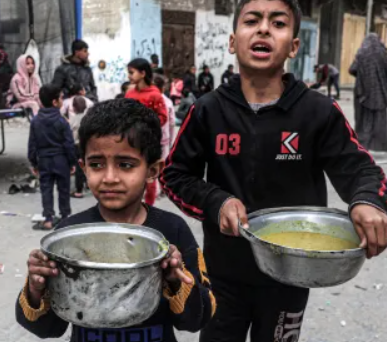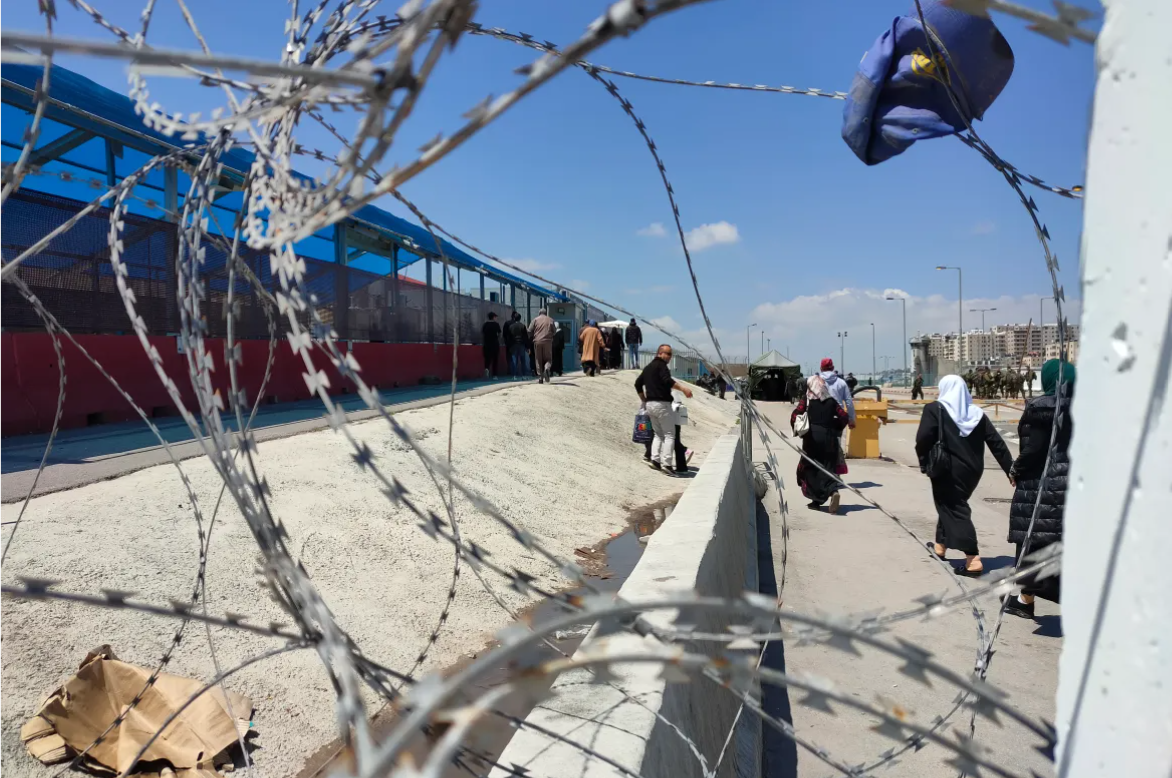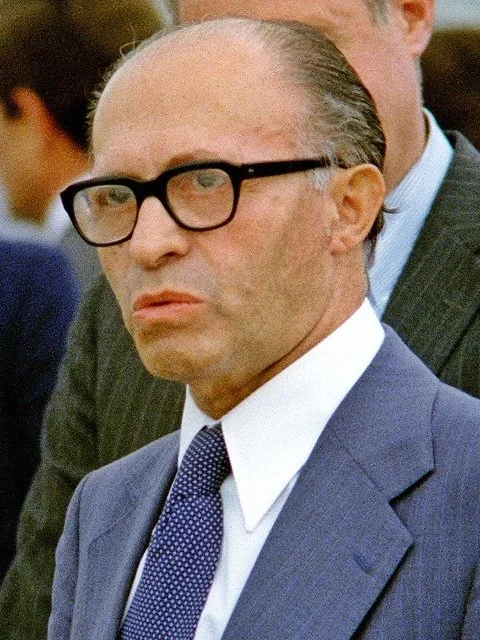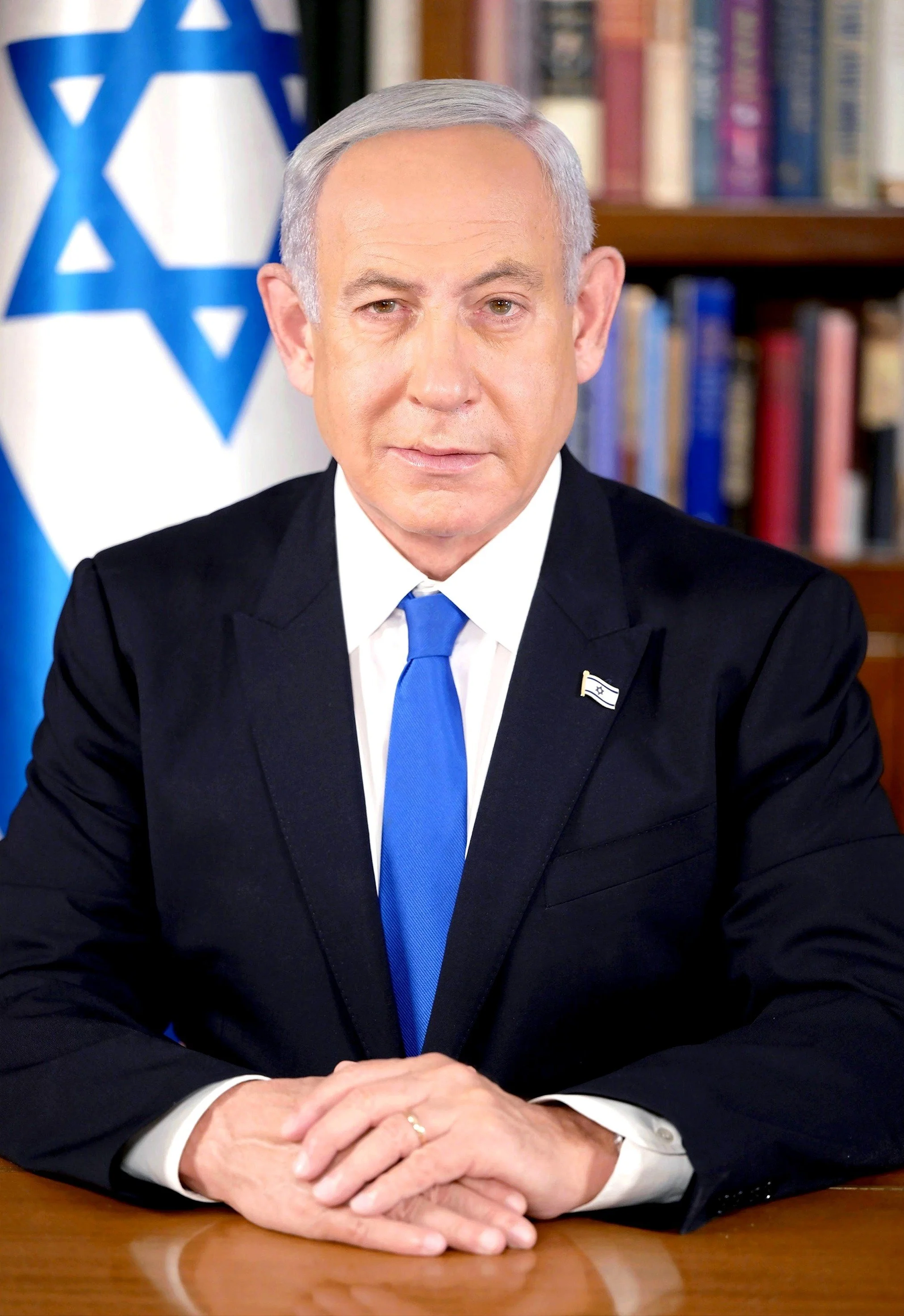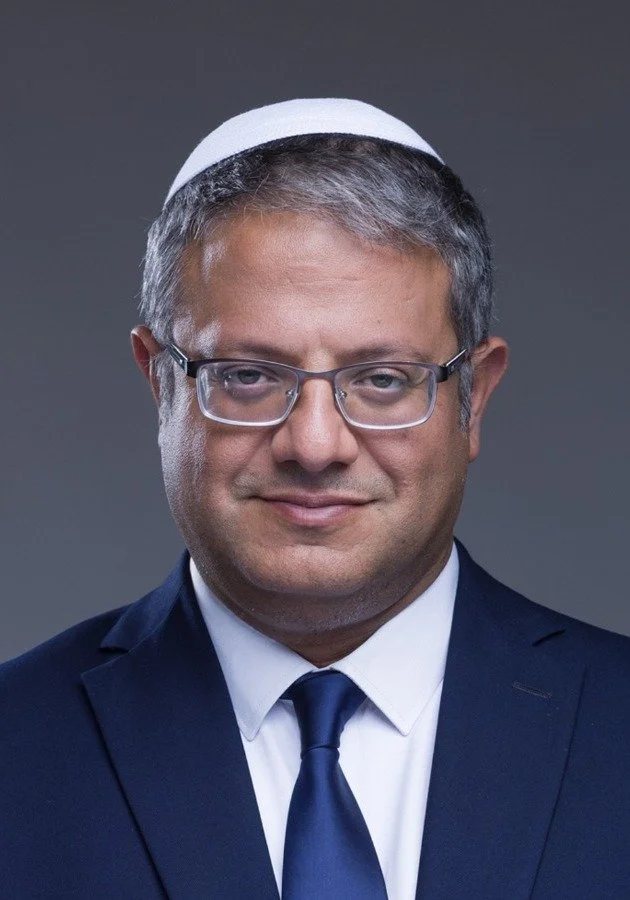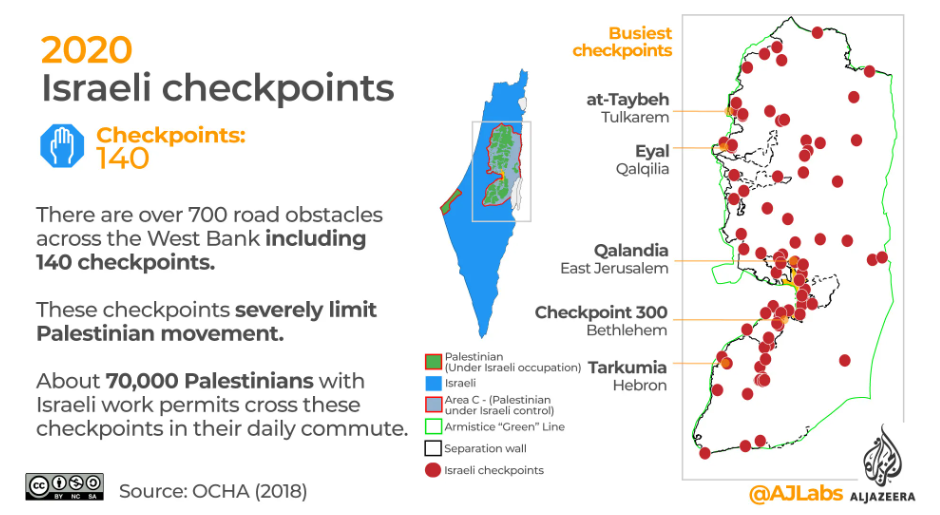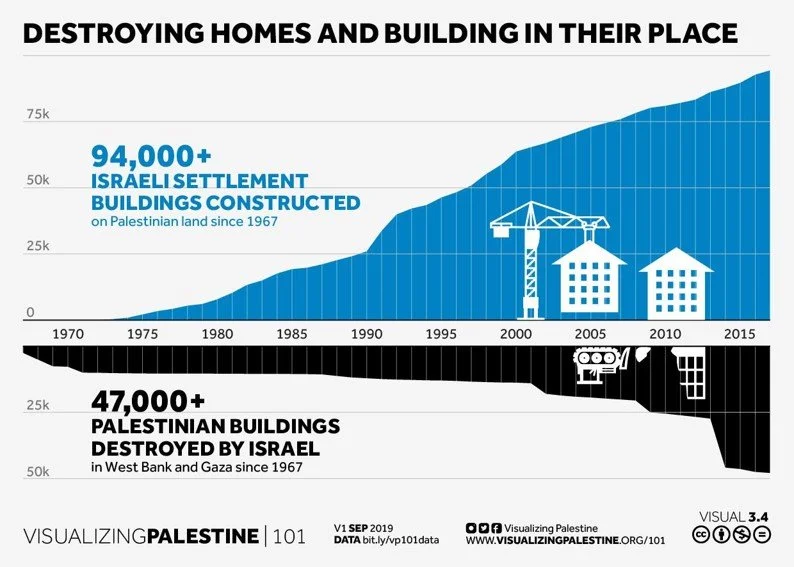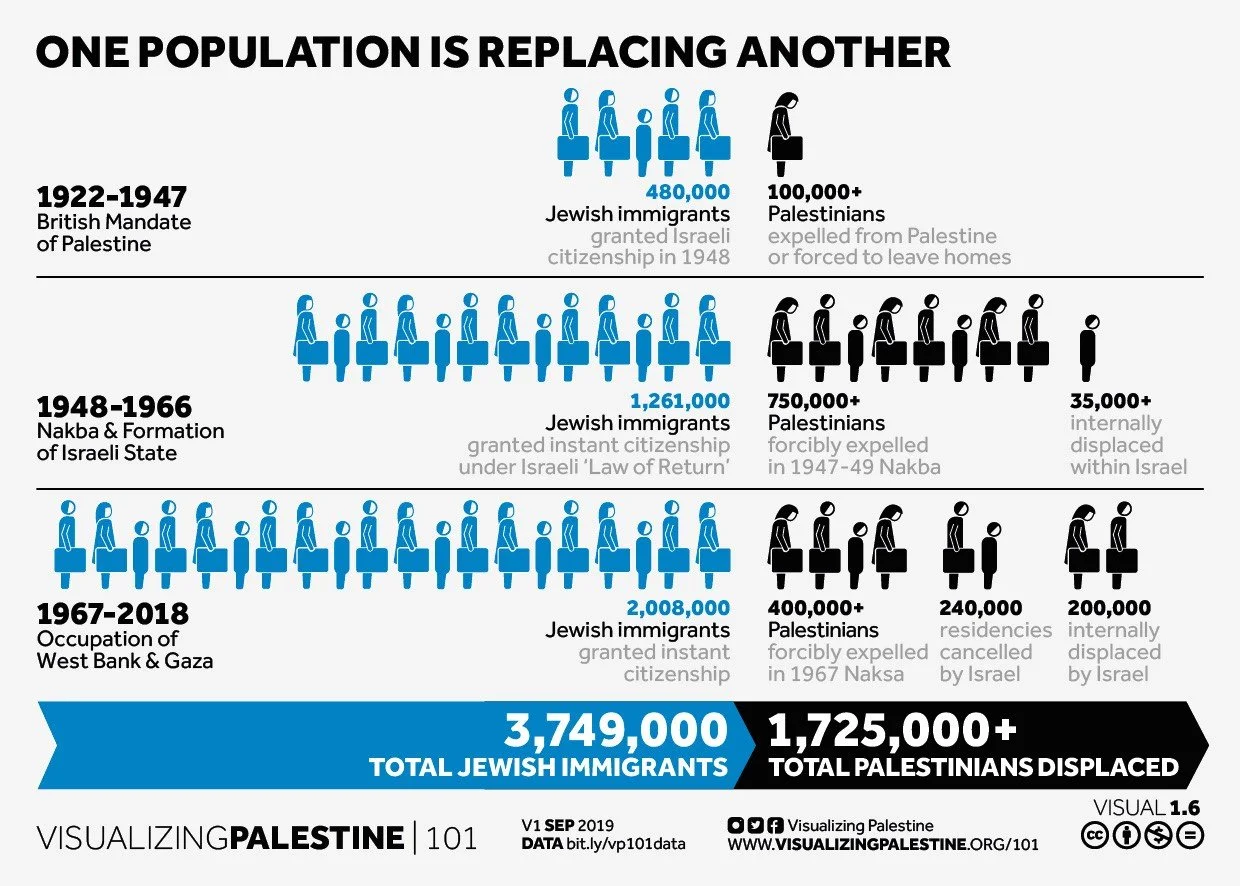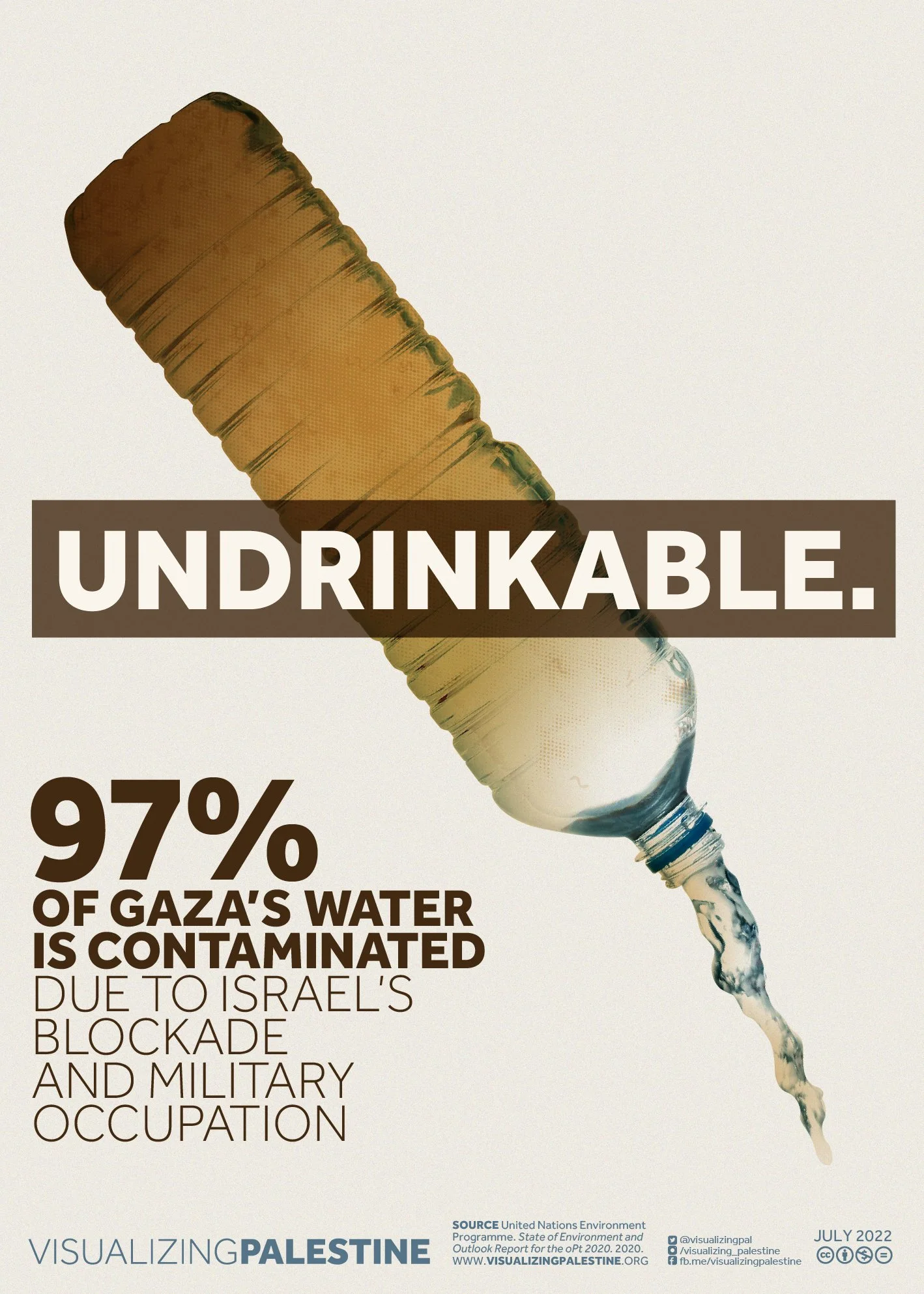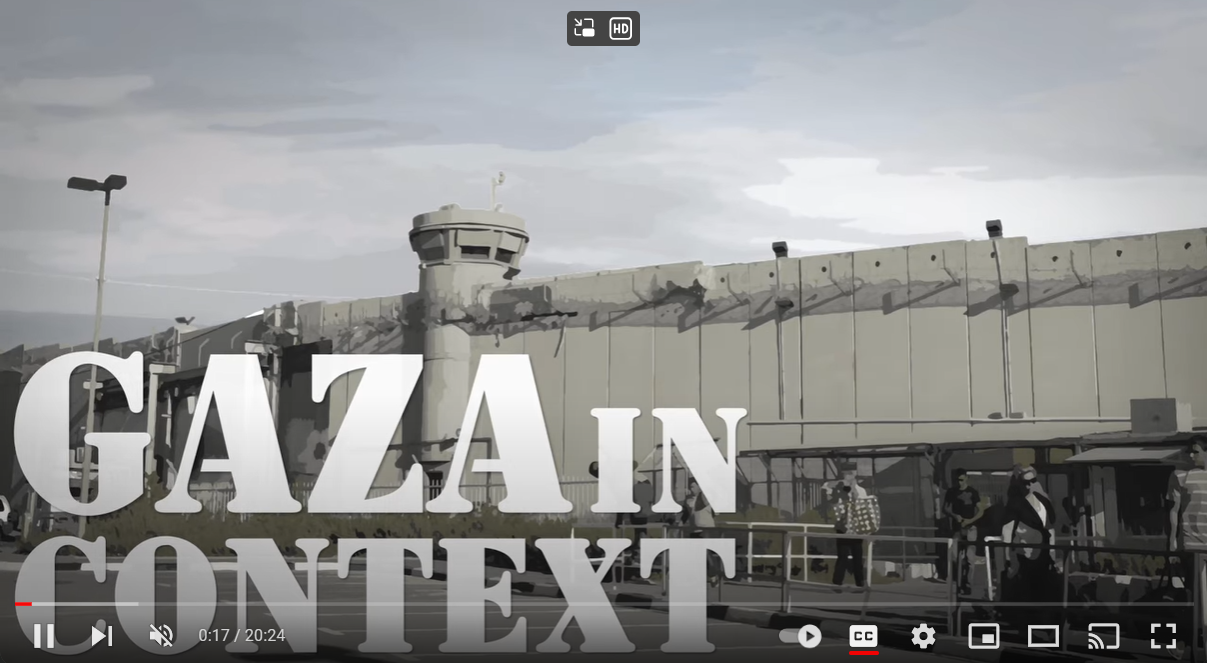Learning Experience Goal:
I will be able to describe what life is like for Palestinian people living under Israeli occupation.

4.1 Palestinian voices
This video was made by Palestinian filmmaker Rolla Selbak and posted to social media on November 16th, 2023.
What is your immediate response to this video?
What is the message behind this video?
Based on this short clip, make two inferences about what life is like for Palestinians living under Israeli occupation.
Making an inference is about understanding the facts that are available to you and utilizing that information in order to make sense of the subject.
You may want to review the following terms at this point:
SETTLER COLONIALISM
APARTHEID
OCCUPATION
OPPRESSION
Suggested Resources for Vocabulary
4.2 DBQ: WHAT IS LIFE LIKE UNDER ISRAELI OCCUPATION?
DBQ: WHAT IS LIFE LIKE UNDER ISRAELI OCCUPATION?
SOURCE A: Quotes by Israeli leaders
SOURCE B: Apartheid?
SOURCE C: Israeli Settlers
SOURCE D: Ahed Tamimi
SOURCE E: Short Film, your choice
Source A: Quotes by Israeli leaders
“It was not as if there was a Palestinian people in Palestine and we came and threw them out and took their country away from them. They did not exist.”
Golda Meir, 1969
Golda Meir was a Ukranian-born Zionist leader who settled in Palestine under the British Mandate. She became Israel’s fourth Prime Minister and served from 1969 to 1974. Originally from Kiev, she developed her Zionist political views in Milwaukee before arriving in Palestine in 1921.
“This is the moment in which courageous choice has to be made. The criminal terrorists and the world must know that the Jewish people have a right to self-defense, just like any other people.”
Menachem Begin, 1982
Menachem Begin was an Israeli politician who helped found the far- right Likud political party. He served as the sixth Prime Minister of Israel from 1977- 1983. Before Israel was founded, Begin was the leader of a Zionist terrorist group Irgun, a more radical group that broke away from the Haganah.
"The aim [of the latest Israeli attacks] is to increase the number of losses on the other side. Only after they have been battered will we be able to conduct talks.”
Ariel Sharon, 2002
Ariel Sharon was an Israeli general and the 11th prime minister of Israel from March 2001 until April 2006. Sharon was an instrumental figure and participated in many massacres against the Palestinians. For his involvement in the Sabra and Shatila massacre of Palestinian refugees, he became known as the "Butcher of Beirut".
Quotes Questions,
Part I
Choose one quote from the first three Israeli leaders, all former Israeli Prime Ministers (the position with the most political power in Israel). Then respond:
What is your interpretation of the quotes that you chose? Talk about it with someone.
Pretend you can ask the author to elaborate on their quote. What do you think they would say?
What do you think like was like for the Palestinian people under this person’s leadership?
[On Palestinians]: “Beat them up, not once but repeatedly, beat them up so it hurts so badly, until it’s unbearable.”
Benjamin Netanyahu, 2001
Benjamin Netanyahu was born in occupied Palestine in 1949 to a Polish Zionist father and Israeli-born mother. Netanyahu is the current Prime minister of Israel and has been since 2022, having previously held the office from 1996 to 1999 and again from 2009 to 2021. See him here.
“My right, the right of my wife and my children to move around Judea and Samaria Palestine is more important than freedom of movement for the Arabs. The right to life comes before freedom of movement.”
Ben-Gvir, 2023
Itamar Ben-Gvir is the current Minister of National Security. With a background as a lawyer and a long history of far- right politics, Gvir has been called one of the most racist, pro-settler, anti-Arab politicians Israel has seen yet. He currently lives in an illegal Israeli settlement in Kiryat Arba in Palestine’s occupied West Bank. See him here.
"The Arabs will move ... [if] we don't give them food, we don't give the Arabs anything, they will have to leave. The world will accept them,"
Daniella Weiss
Conference for the Victory of Israel, Jan. 28th, 2024
Daniella Weiss was born in occupied Palestine and is the far-right leader of the often violent settler Nachala Movement. Weiss’s white American father and white Polish mother were in the Lehi, a Zionist terrorist organization that fought against the Palestinian and British during the mandate. See her here.
Quotes Questions,
Part 2
Read all three quotes from the three Israelis, all of whom currently hold some level of power. Then respond:
How do these Israeli leaders feel about Arabs- referring to the native Palestinians? Pretend you can ask the author to elaborate on their quote. What do you think they would say?
What do you think life is like for the Palestinian people under this person’s leadership?
SOURCE B: Apartheid
“Is Israel guilty of Apartheid against Palestinians?”
AJ +, May 14, 2021
Watch this video and respond to these questions:
What are the three things that have to happen in order to qualify as apartheid?
Explain how the rights of Palestinians compare in the four different areas- Gaza, West Bank, East Jerusalem, and in Israel (Palestinian and other non-Jewish citizens of Israel).
How does Israel practice population control?
What is unjust about Israel’s Absentees’ Property Law?
Source C: Israeli Settlers
“Israeli Settlers Took Half Her Home, Now They Want More…”
AJ+, May 25, 2021
Watch this video and respond to these questions:
What does the Israeli settler (originally from Long Island) think he means by, “If I don’t steal it, somebody else is going to steal it”?
Elaborate on why the settler thinks he has a right to steal Mona El-Kurd’s house.
In the video, the Israeli settlers are said to “look at it [Palestine] like an enclosed puzzle”. What is meant by that analogy?
Explain how the olive tree is an analogy for the resilience of the Palestinians.
Source D: Ahed Tamimi
“They could kill me at any time: Life Under Israeli Occupation.”
AJ+, September 6th, 2022
Watch this video and respond to these questions:
How has Ahed Tamimi experienced violence in her own personal life?
According to this video, how are Palestinian children treated by the Israeli army?
How has living under Israeli occupation impacted Ahed’s life and family?
In what way does Ahed’s life compare to yours?
SOURCE E: Short film, your choice
Watch a short film below of your choice and answer the following questions:
What short film did you pick?
Describe any aspect of the film that showed you something you hadn’t seen before, caused you to think in a new way, or helped you understand something more thoroughly than before.
Describe how this film changed your thinking.
DBQ: WHAT IS LIFE LIKE UNDER ISRAELI OCCUPATION?
Use at least three specific details from above sources A- E.
4.3 What is life like for Palestinians living under Israeli occupation?
"We must expel Araba and take their places .... and, if we have to use force-not to dispossess the Arabs of the Negev and Transjordan, but to guarantee our own right to settle in those places-then we have force at our disposal."
David Ben-Gurion, the 1st Prime Minister of Israel.
Since 1967, Palestine has been reduced to these three territories: the West Bank and East Jerusalem, which are home to around 3 million Palestinians today, and the Gaza strip, home to around 2 million Palestinians. Palestinians are impacted by Israeli control in different ways depending on where they live.
Life for Palestinians in the occupied West Bank and east Jerusalem is interrupted by a constant invasion of illegal Zionist settlements. Supported by the Israeli government and protected by the Israeli Defense Forces (IDF), these settlements have grown to more than 260. To “protect” these settlements and the Israeli settlers who live there, Israel has built a massive separation wall, installed 140 military checkpoints throughout the West Bank, and regularly uses IDF soldiers to intimidate and imprison Palestinians of all ages.
Conditions in prisons are horrible, abuse of all kinds regularly takes place, and Palestinians are often held without trial or even charge. There is almost a 100% conviction rate in Israel’s military court prisons. As you can see above, children are often imprisoned as well. In many cases the charge is throwing rocks at Israeli soldiers or tanks.
All Palestinians are severely controlled by Israel. Israel controls all natural resources, has power over every border, and even controls the airspace and telecommunications. Israel even limits where Palestinians can fish off their own coasts. Water is controlled in the West Bank and is barely drinkable in Gaza at worst. Even collecting rainwater is considered illegal for Palestinians.
Violence has been present in Palestine on a regular basis since before the Nakba, and especially since. Israeli settlers have been killed and Palestinians have been killed. The graph above shows periods of increased violence resulting in deaths. As the graph shows, Palestinians have experienced far more deaths than Israelis.
For Palestinians, the Nakba is a tragedy and the start of decades of settler colonial violence. Here are some of the major events that have shaped the lives of Palestinians living under Israeli occupation.
1948 The years following the Nakba see a major increase in Jewish settlement. By the 1960s, over a million Jewish settlers have moved in, expelling over 750,000 Palestinians from their homeland. Another 35,000 are displaced within Israel’s new colonial borders.
1964 The Palestinian Liberation Organization (PLO) forms as the political representative of the Palestinian people. Its founders are willing to use armed resistance to liberate Palestine and united the Arab powers. Under the PLO umbrella, numerous groups form over time.
1967 The “Six-Day War” between Israel and an Arab coalition of Egypt, Syria, and Jordan occurs. Israel prevails and takes over Gaza and the West Bank, and takes land from both Egypt and Syria. In this Naksa, or setback, an additional 300,000 Palestinians are violently displaced from their homes. Arabs are also displaced from the newly conquered Golian Heights in Syria. The UN calls for Israel’s withdrawal, but it does not obey.
1973 In the October War, Soviet-backed Egypt & Syria attack Israel in efforts to regain lost territory in the Sinai and Golan Heights. With support from the U.S., Israel prevails.
1978 With the United States in the middle, Camp David Accords are signed between Israel and Egypt; the Sinai Peninsula is returned to Egypt in 1979 and Egypt recognizes Israel and opens Suez Canal. They create a “framework” for peace in Palestine, without approval by any Palestinians.
1987 The First Intifada breaks out. Intifada means “shaking off,” and this period is marked by an uprising by the Palestinian people. HAMAS forms during this time, an Islamic group branching off from the Muslim Brotherhood, a resistance movement that started in Egypt.
1988 PLO Leader Yasir Arafat- previously labeled a terrorist by Israel & the U.S., agrees to negotiate with Israel.
1995 The PLO & Israel start secretly discussing peaceful resolutions in Oslo, Norway. In 1995, they sign the Oslo accords, resulting in (1) the PLO being recognized as the legitimate political representative of the Palestinian people (2) Israel withdrawing from Gaza and parts of the West Bank and (3) the West Bank being split into three areas, labeled A, B, and C.
2000 The Second Intifada breaks out, resulting in more violence and death than the first (see Lesson 5 for more on Palestinian resistance).
2002 Israel starts building its separation wall to protect its illegal Zionist settlements.
2006 Hamas is elected by the Palestinian people over Fatah, the more secular branch of the PLO that was expected to win. After infighting, Hamas keeps power in Gaza while the West Bank and east Jerusalem remain under Fatah authority.
2007-2022 Israel imposes a military blockade on Gaza, controlling the air space, the sea, and all border crossings. The IDF continues to carry out violent sieges of Gaza, using a strategy known as “mowing the lawn” now and then to lessen the Palestinian population and maintain terror. Over five “wars” take place in Gaza following the blockade. By 2022, nearly half of Gaza’s population are children and more than 60% are refugees.
2022 Benjamin Netanyahu once again becomes Israel’s Prime Minister, bringing into power with him the most far right, extremist government Israel has ever had. Numerous attacks on Palestinian villages are carried out and 4,500 new illegal Israeli settlements are approved in the following year.
2023- ongoing Hamas shocks the world with a highly coordinated attack on Israel known as Operation Al-Aqsa Flood. Israel responds with Operation Swords of Iron, an attack that has so far killed more than 30,000 Palestinians, most of them women and children. Numerous war crimes have been committed and the attack has since been qualified as a genocide by numerous human rights groups.
4.3 Questions to Consider
Why is Palestine often referred to as the “world’s largest open-air prison”? Do you agree with this description? Why or why not? Use at least two specific examples from this Learning Experience.
How would you predict life for Israeli settlers is different than life for Palestinians? Why?
4.4 Life as an Israeli settler
In order to get a better understanding of the Israeli occupation of Palestine, it is necessary to know what life is like for the Israeli settlers. Check out these sources and respond to the questions that follow.
What It’s Like to Grow Up in an Israeli Settlement
Source: The New York Times
In the beginning of the film, Iris Zaki, an Israeli from Tel Aviv, and self-described liberal, says that she decided to “spend the summer with the Israelis she disagreed with the most” to interview them about what it’s like growing up in and Israeli Settlement.
What sort of biases should the viewer be aware of while watching the interviews in this film?
Who noticeably did not sit at the cafe table to talk?
What opinions were left out of the cafe conversations because they were not present or chose to not sit down?
Explain some ways an Israeli settler might experience life differently than that of someone in Gaza?
4.5 Reflect on your learning
What is life like for Palestinians living under Israeli occupation?
Compare and contrast life for Palestinians to life for Israelis. Is your life more similar to one than the other? Explain.
What would your response be to occupation if you were a Palestinian living in the occupied territories?


